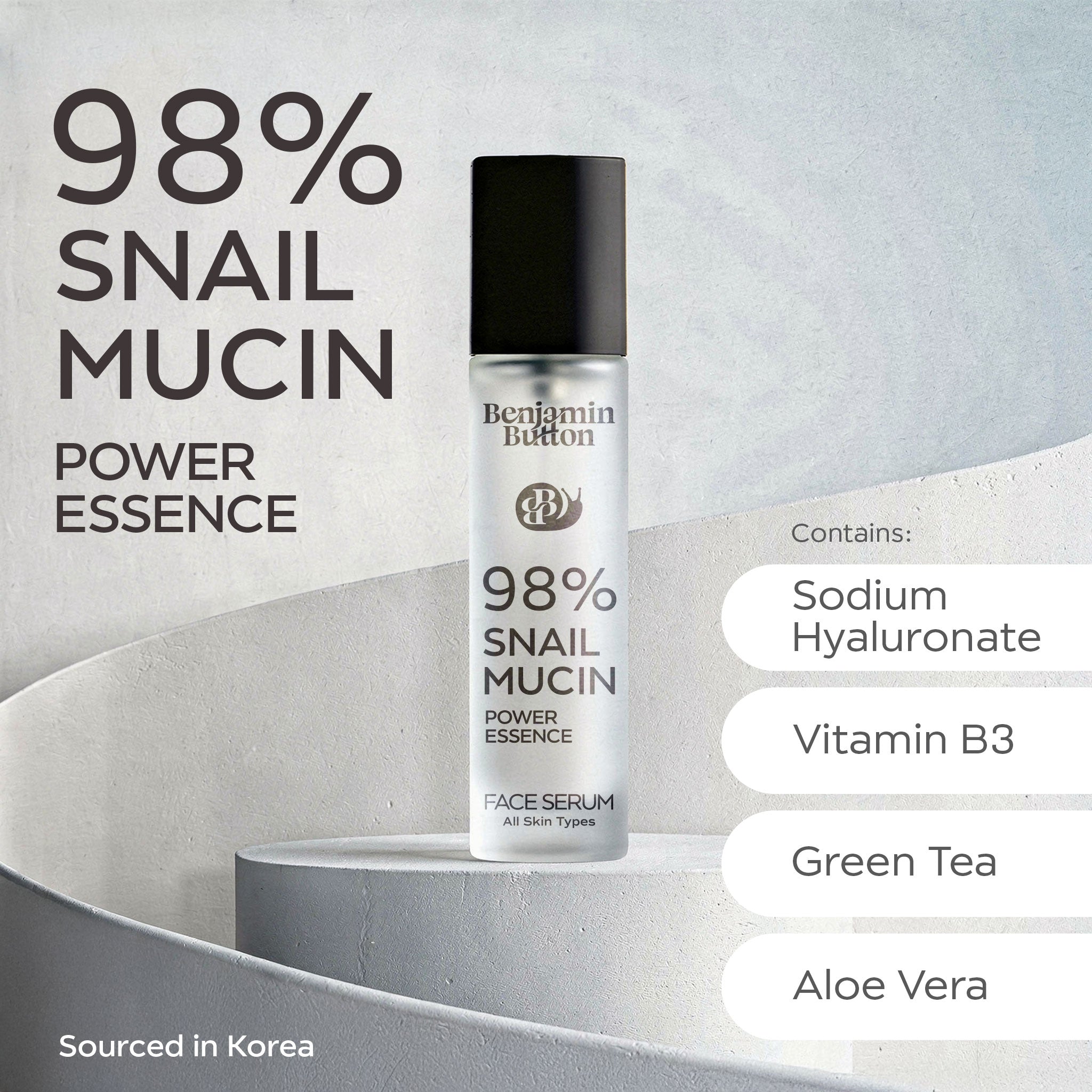7 Effective Strategies for Reducing Cortisol Levels Daily
In today's fast-paced world, managing stress has become a crucial aspect of maintaining overall well-being. High cortisol levels, often referred to as the “stress hormone,” can lead to a myriad of health issues including anxiety, weight gain, and even chronic diseases. Fortunately, there are numerous strategies that can be easily incorporated into daily routines to help reduce cortisol levels effectively. Here are seven of the most impactful methods:1. Prioritise Sleep
Adequate sleep is paramount for healthy cortisol levels. Lack of sleep not only elevates stress hormones but can also lead to poor decision-making and increased irritability.- Establish a consistent sleep schedule by going to bed and waking up at the same time each day.
- Create a calming bedtime routine to signal to your body that it's time to wind down.
- Aim for 7-9 hours of quality sleep each night.
2. Engage in Regular Exercise
Physical activity is a powerful stress reliever. Engaging in regular exercise has a dual effect on cortisol levels — it helps reduce them during workouts and boosts endorphin levels, which improve mood.- Incorporate a variety of exercise types including cardio, strength training, and flexibility exercises.
- Consider activities like yoga or Pilates that promote relaxation while providing physical benefits.
- Even short bursts of physical activity can significantly lower cortisol levels.
3. Practice Mindfulness and Meditation
Mindfulness and meditation have been shown to have profound effects on stress management. These practices can lower cortisol levels through enhancing emotional regulation and promoting a sense of calm.- Dedicate a few minutes each day to mindfulness or meditation exercises.
- Explore guided meditation apps to find styles that resonate with you.
- Practice deep breathing techniques to help centre your mind and reduce anxiety.
4. Maintain a Healthy Diet
Your diet plays a critical role in regulating cortisol levels. Eating a balanced diet can help keep stress hormones in check.- Focus on whole foods, including fruits, vegetables, whole grains, lean proteins, and healthy fats.
- Incorporate foods rich in magnesium, such as leafy greens and nuts, which can help reduce cortisol levels.
- Limit processed foods and sugars, as these can lead to spikes in cortisol.
5. Stay Hydrated
Dehydration can trigger an increase in cortisol levels, making it essential to stay adequately hydrated throughout the day.- Aim to drink at least eight 8-ounce glasses of water daily.
- Consider herbal teas or coconut water for added hydration benefits.
- Monitor your hydration levels, especially during hot weather or intense workouts.
6. Foster Social Connections
Strong social connections can significantly buffer against stress and help lower cortisol levels. Engaging with others can foster a sense of support and belonging that promotes better mental health.- Make time for friends and family, even if it's just a quick phone call or a virtual chat.
- Join clubs or groups that share your interests to meet new people.
- Participating in community events can elevate your mood and reduce feelings of isolation.
7. Limit Caffeine and Alcohol
Both caffeine and alcohol can have negative impacts on cortisol levels if consumed excessively. It is beneficial to limit intake in order to maintain balanced hormone levels.- Be mindful of how much caffeine you consume, especially in the afternoon.
- Try to replace caffeinated drinks with herbal teas.
- Avoid heavy drinking, as alcohol can disrupt sleep and exacerbate stress levels.






















